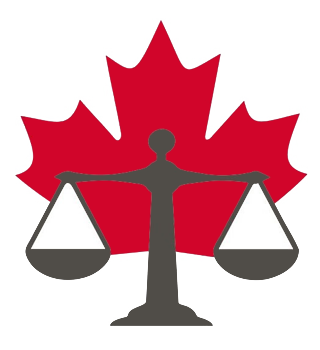What are the tax implications of the Phoenix payroll issues?
The AJC does not provide tax advice however we can share the information we have been able to obtain from PSPC and CRA.
With the upcoming tax season approaching, PSPC has prepared helpful tools that current and former employees can use to prepare for their tax returns.
If there is an issue with earnings listed on your paystubs or tax slip, consult online questions and answers, which provide information on a range of tax scenarios.
If you still have questions about your earnings or taxes, contact the Call Centre at 1-855-686-4729. Employees not serviced by the Pay Centre should call their departments first, but if they do contact our Call Centre, our agents will transfer them directly to their department´s compensation units, which can answer their questions.
Overpayments and underpayments
Overpayments and underpayments are the two biggest tax-related issues employees may encounter.
Overpayments usually occur when certain pay transactions are not submitted or processed promptly. As a result, an overpayment may happen when:
- an employee's acting pay continues after an acting assignment has ended
- an employee continues to receive their regular salary after going on leave without pay
- leave without pay for less than five days isn't entered into the system on time
Please note that repayment of overpayment amounts will not begin until all of your outstanding pay transactions have been processed, you have started receiving your correct regular pay and you have indicated your preferred repayment option.
Under legislation before January 15th 2019, any employee who received an overpayment in a previous year was required to pay back the gross amount of the overpayment to their employer, which includes income taxes, Canada Pension Plan contributions and Employment Insurance premiums.
To alleviate this burden and help affected employees, the Department of Finance Canada has released a legislative proposals that would, under certain conditions, permit an affected employee to repay to their employer only the net amount of the overpayment received in a previous year, rather than the gross amount.
For additional information on overpayments and tax implications, consult the Overpayments and Options to Repay
Overpayments Within the Past Three Years
Under certain conditions, an employee can now repay only the net amount of an overpayment received in a previous year to their employer, rather than the gross amount, if the overpayment was recorded in Phoenix within the 3 calendar years preceding the year in which the overpayment was received.
Once your overpayment is recorded in Phoenix, your tax slip will be amended to remove the overpayment and reflect the adjusted earnings. Original source tax deductions associated with the overpayment will be adjusted and the amended deduction amounts will be reported on the amended slip to be considered when your annual income tax return is reassessed. Your employer will submit the amended slip to CRA (and Revenu Québec), which will automatically reassess your tax situation and issue a refund of tax withholdings if applicable.
Overpayments Outside the Past 3 Years
If an overpayment amount is recorded in Phoenix outside the 3 year threshold, the new tax legislation does not apply and the employer is required to deduct, and remit to the Receiver General, the appropriate tax withholdings on any salary and wages paid to you, regardless of whether the amount was paid in error.
We recommend that affected employees set money aside for repayment if possible. Interest payments may be claimed through the process outlined here.
We understand that pay and pay issues can be complicated, so if you need help, please contact the PSPC Client Contact Centre at 1-855-686-4729.

